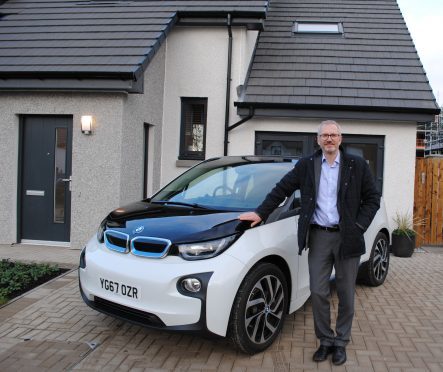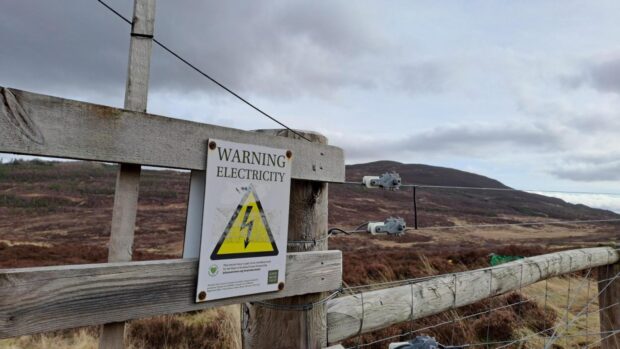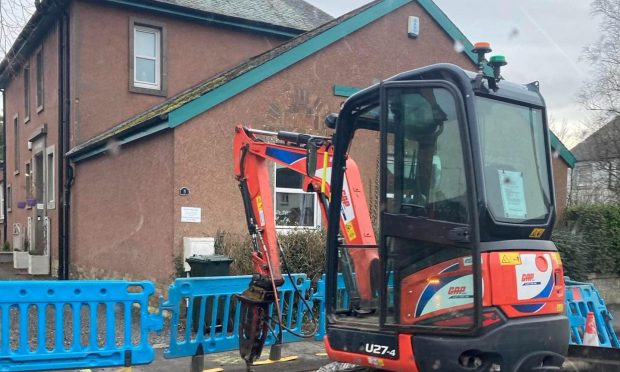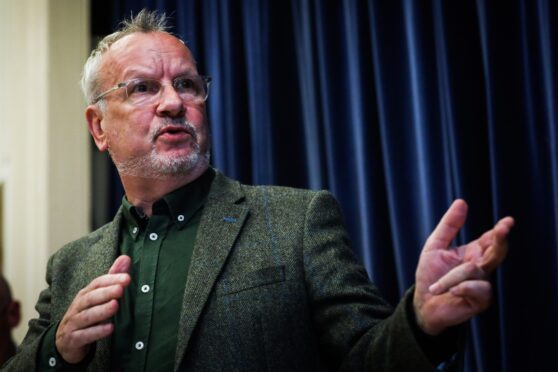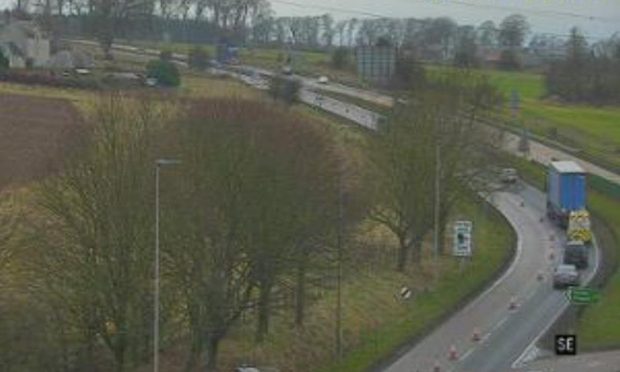A Perth housing development will be among the first in the UK to have cabling for electric vehicle charging points installed as standard.
The move means anyone buying a property at Bertha Park will be able to power their vehicle while it’s parked on their own drive.
Currently the city has several electrical charging points, sited at council car parks such as the South Inch and the park and ride facility at Broxden.
The Bertha Park estate is being built near the Scottish Government’s planned Electric Highway, which will run along the A9.
Ministers are aiming to phase out new petrol and diesel cars in Scotland by 2032.
The Scottish developer behind Bertha Park, Springfield Properties, is one of the first in the UK to make charging infrastructure a standard feature in all of its future new-build properties.
The initiative is the latest in a series of environmental measures offered by the firm, which include the installation of solar panels as an optional extra, the installation of smart, energy efficient boilers and the use of sustainable materials in the construction of energy efficient homes.
Innes Smith, Springfield chief executive, said: “The Scottish Government has pledged that by 2032 all new vehicles sold in this country will be electric but we anticipate that the uptake will increase rapidly long before then.
“One of our values as a company, is to include everything a customer needs in their new home, so, with this is mind, we wanted to make it as easy as possible for our customers to go electric.
“At Springfield, exploring new ways to protect the environment has been a focus of ours for many years and installing the infrastructure for electric car charge points in our homes was the next logical step.”
The scheme has been welcomed by the Scottish Government.
Humza Yousaf, minister for transport, said; “The ability to charge electric vehicles at home helps reduce barriers to ownership.
“With Scotland already leading the way with sales of electric and alternative fuelled vehicles rising faster than the rest of the UK, this is another positive step by industry in support of our vision to phase out the need for new petrol and diesel cars and vans by 2032.”
